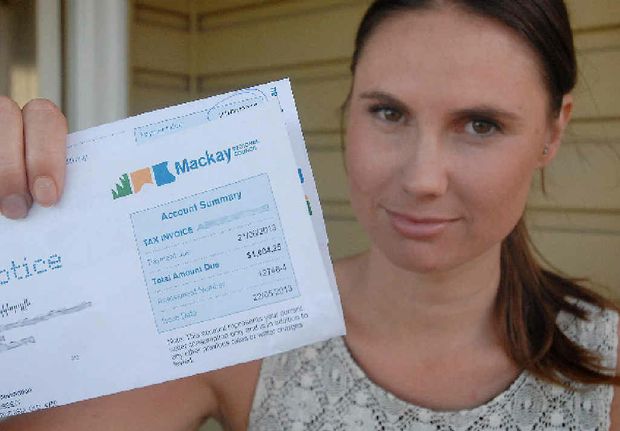The rampant pillaging by Qld Councils of non-voting ratepayers has been partially checked following a milestone Supreme Court ruling last week. Unlike other States, Qld Councils have few limitations to plunder at will in a blatant political vote-buying strategy of artificially suppressing residential rates at the expense of other property owners.
Over the last 20 years Qld Councils have increasingly shifted the revenue load to commerce and industry favouring the residential voter categories. More recently, some have set different rates for residential property depending upon whether the property was the owner’s principal place of residence or not. The Supreme Court has now ruled that was a step too far.
This Decision has far reaching implications. As many as 20 Qld Councils who adopted similar categories may now have to pay back an estimated $300-$400m in illegally collected general rates in 2013-14 alone. The retrospective application of this ruling is yet to be determined.
In its 2013/14 budget, Mackay Regional Council introduced a new ‘investor’ category where residential land that was the not the owner’s principal place of residence and was subject to a higher level of rates than equivalent land that was the owner’s principal place of residence.
A group of some 400 investment property owners took legal action against the Council challenging the lawfulness of the new investor rating categories on the basis that the Council took irrelevant considerations into account, including the capacity of owners to pay rates.
Consistent with Xstrata Coal QLD Pty Ltd & Ors v Council of the Shire of Bowen [2010] QCA 170 the Court found that the distinction was based on the character of the land owner and not the land itself citing that there were many examples where the use of a property would be exactly the same and the only change would be the identity of the owner.
A VERY interesting element of this case was the Objection by Council that public statements by the Mayor and Council Officers subsequent to the Budget Resolution were not admissible. Justice Duncan McMeekin concluded: I am puzzled by the objection. In the absence of a denial that the reports are accurate I assume they are. There can be no doubt about the contents of the Mayor’s budget speech as it has been tendered by the respondent. Either the matters that the two officers are reported to have said reflect what was in fact considered or they do not. The respondent is in the invidious position of either pretending to the Court that it did not take into account the matters that it did, or having two of its senior officers, one of whom assisted in the decision making and the other responsible for drafting the report adopted by the Council as its decision, misunderstand the matters relevant to the Council’s decision and, by their public statements of their beliefs, misrepresent, through negligence or malice matters not, the Council’s position to the community they represent.
Paton & Ors v Mackay Regional Council [2014] QSC 75
See also: http://actionproperty.com.au/2012/10/23/differential-rating-legalised-robbery
Footnote: Two days later it was reported that Mackay Regional Council will appeal the Supreme Court judgment with the support of the Local Government Association of Queensland (LGAQ) and its legal advisors, King & Company. LGAQ chief executive Greg Hallam said the decision not only jeopardized the differential general rating capabilities of the council, but had far reaching implications for many other councils across the state. “Many councils presently use the differential rating power to categorise residential land based on whether it is used as a principal place of residence, or for investment purposes,” Mr Hallam said. “The court’s decision needs to be appealed to properly test the limits of the differential rating power in this regard.”
UPDATE: 05 JUNE 2014
Late last night in the last parliamentary sitting this period, the Qld Govt introduced the Sustainable Planning (Infrastructure Charges) and Other Legislation Amendment Bill 2014 which contained without warning amendments that effectively and retrospectively nullified the Supreme Courts decision, thus legalizing Councils’ differential rating on investment properties.


